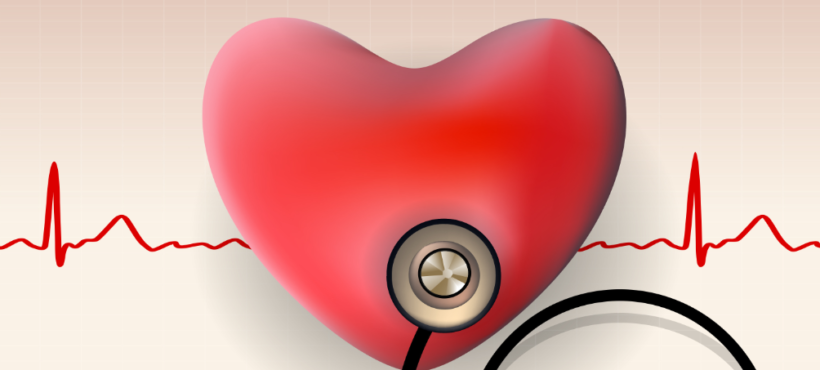
Cardioversion: The Way to Reset the Rhythm of the Heart and Atrial Fibrillation
What is atrial fibrillation?
Atrial fibrillation is a complication of the heart that has been known to increase the risk of stroke. It is often referred to as an irregular heartbeat because it is usually a case of a mismatched and rapid heart rhythm [1]. When a patient experiences this phenomenon it is usually because the upper and lower chambers of their heart are not synchronized. Therefore, they tend to beat chaotically and episodes of fibrillation tend to happen spontaneously. Symptoms of atrial fibrillation include shortness of breath, weakness, fatigue, confusion and chest pain. Often, atrial fibrillation is left undetected and a physical examination is needed in order to narrow down possible conditions and causes.
The most common way to treat irregular heartbeat or atrial fibrillation is cardioversion:
Atrial fibrillation treatment – This procedure most effectively treats arrhythmia, also known as irregular heart rhythms. One of the possible ways to conduct cardioversion is electrical cardioversion.
Atrial fibrillation life expectancy – This procedure involves administering an electrical shock through patches placed on the patient’s chest. This shock momentarily stops the heart from functioning, so when the heart starts pumping again it will pump more rhythmically.
Atrial fibrillation medications – Another form of cardioversion is performed by using drugs. This procedure involves the patient taking prescription medications known as arrhythmic medications. Depending on each case, the doctor usually prescribes an appropriate dosage which works towards resetting the heart rhythm to beat rhythmically. This procedure is ideally performed in a hospital so the doctor can suggest alternate treatments if one of the medications does not work. Also, it is helpful if the heart rate of the patient is continuously monitored; it allows the doctor to see the effects of the medication right away.
For more information about atrial fibrillation treatment, medications and symptoms, please click here!
Sources:
[1]Atrial Fibrillation. Mayo Clinic. Retrieved from: https://www.mayoclinic.org/diseases-conditions/atrial-fibrillation/diagnosis-treatment/treatment/txc-20164944
[2]Cardioversion Therapy. Canadian Heart and Stroke Foundation. Retrieved from: https://www.heartandstroke.ca/heart/treatments/surgery-and-other-procedures/cardioversion-therapy


